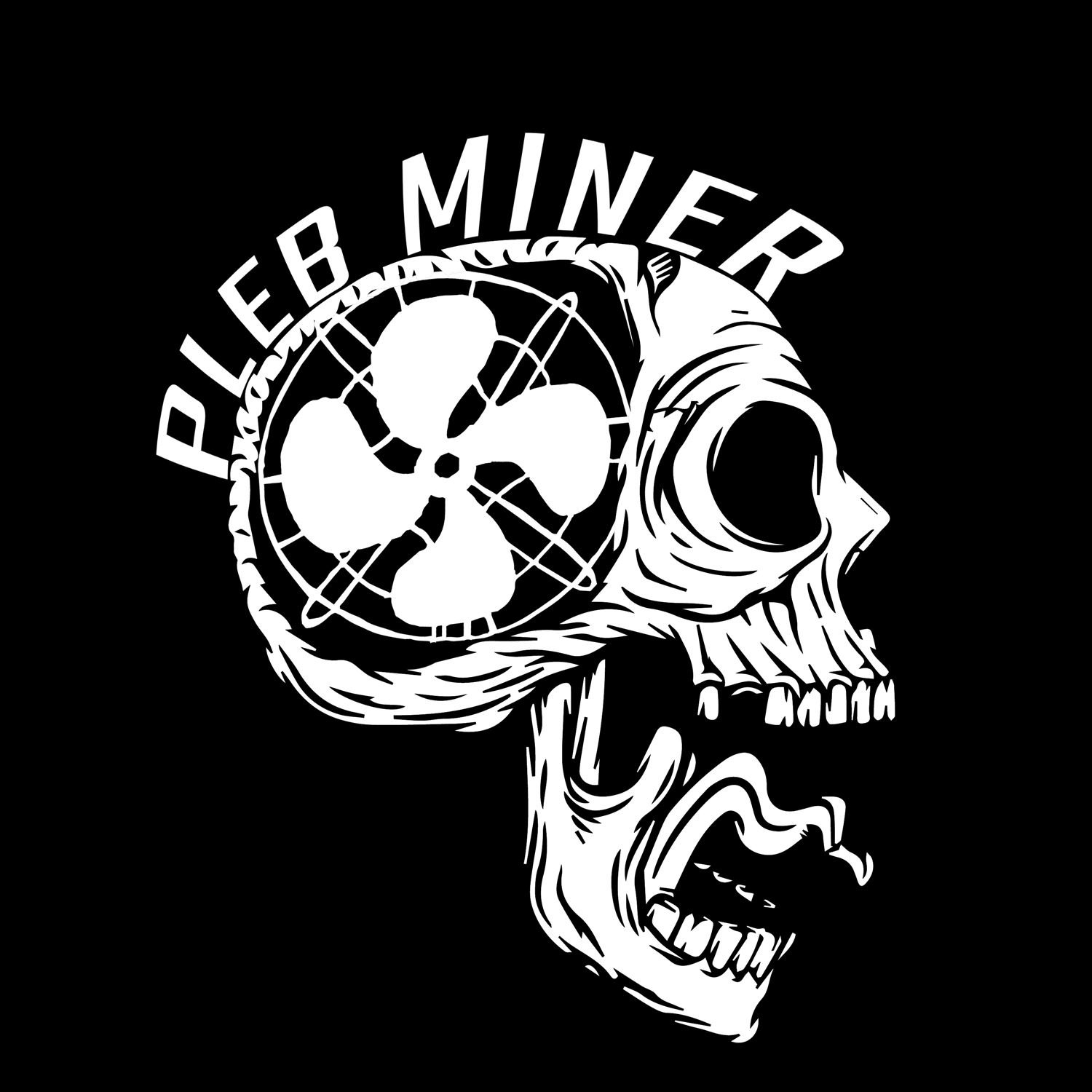

IT & Telecom the Backbone of the Bitcoin Network In this episode Jon talks with IT expert @SalGood HODL about the backbone of the Bitcoin network, the global telecommunications network. Jon and Sal cover the history of telecommunications and information technology and its journey from telegraph to the infinitesimally complicated network of fiber, copper/aluminum, and satellites that comprise the internet. They discuss the organizations the govern or run the internet like: ICANN (Internet Corporation for Assigned Names and Numbers) a non-profit based in California, IANA (Internet Assigned Numbers Authority) run/owned by ICANN who are responsible for allocation of IP addresses and Autonomous System Numbers, root domain name system and top-level domains. Jon & Sal describe the Regional Internet Registry. They are the 5 regional organizations around the globe that facilitate the allocation of IP addresses and ASNs to local registries and ISPs. RIRs are independent of ICANN and supervised/guided by the Number Resource Organization, which is an unincorporated international organization. The 3-Tier ISP system is covered by Sal. The 3-Tier ISP system consists of Tier I — backbone providers who own/operate high speed/bandwidth, multi-continent networks, transoceanic cabling and do not pay or charge data transit fees with their like-peers. Tier 2 — Typically regional/national ISPs pay for transit and peering with tier I and tier 2 providers, customers are typically large organizations and tier 3 ISPs. Tier 3 — Primarily engaged in providing Internet access to consumers and businesses in localized areas, they pay access and transit from tier 2 providers. IPv4 address space are described. An IPV4 looks like AAA.BBB.CCC.DDD where each block can be a number between 0-255 there are 232 total addresses, roughly 4.2 billion addresses. Nearly 600 million are reserved, so about 3.7 billion usable on the Internet and nearly 100% are already allocated globally. The IPv6 address space looks very complex. It uses hexadecimal notation 0-9+A-F, blocks of zeros can be omitted 2 28 total addresses. If you assumed each star had 10 planets, each galaxy had 100 billion stars, and the universe had 100 billion galaxies, there would be roughly 3.4 quadrillion (1000 trillion's) IPv6 addresses for each planet. What makes the Internet? Layers like in a cake or maybe the Taco Bell 7-Layer Burrito. l . TCP/IP Model — Less complex than OSI l. Network Connection Layer 2, Internet Layer 3. Transport Layer 4, Application Layer 2. OSI Model — 7 layers, breaks TCP/IP layers into more parts l. Network Connection Layer —+ Physical layer and Data Link Layer Internet Layer —9 Network Layer Transport Layer —+ Transport, Session and Presentation Layers 4, Application Layer —+ Application Layer Sal describes how systems and applications communicate by laying out the Application Layer Protocols. Like spoken languages, these protocols have grammar rules; a vocabulary that create standards to convey meaning between parties. Different protocols are optimized for purpose specific communications. Bitcoin is protocol optimized for secure communication of value between parties. Show guest twitter - @SalGoodHODL twitter - @JonPDiGiacomo twitter - @MaxBitbuybit twitter - @bitbuybitpod Website - https://ungovernablemisfits.com As always please feel free to reach out and ask me any questions. Today you can exchange $1 for 4785 Sats (Sale ends soon.) Thank you Foundation Devices for sponsoring the show. Use code BITBUYBIT at check out for $10 off your purchase
Top comments